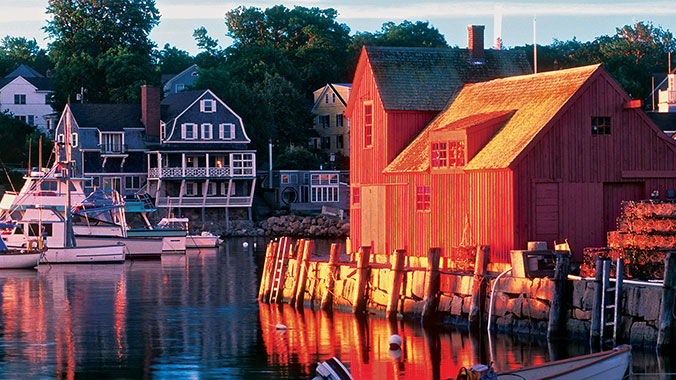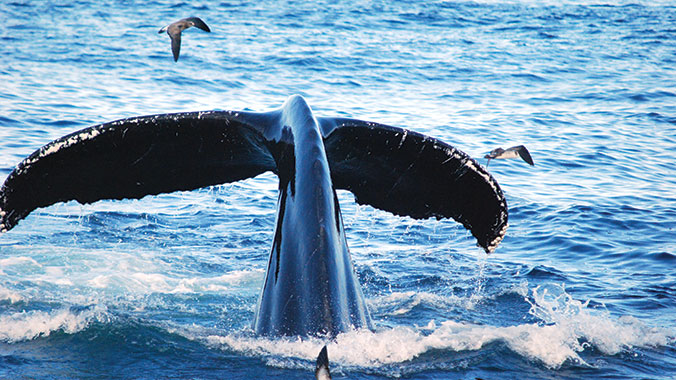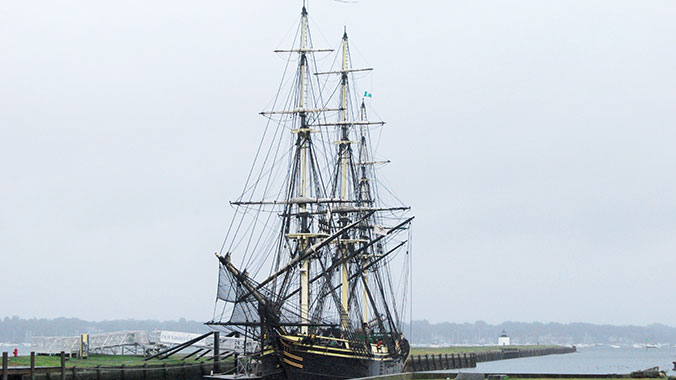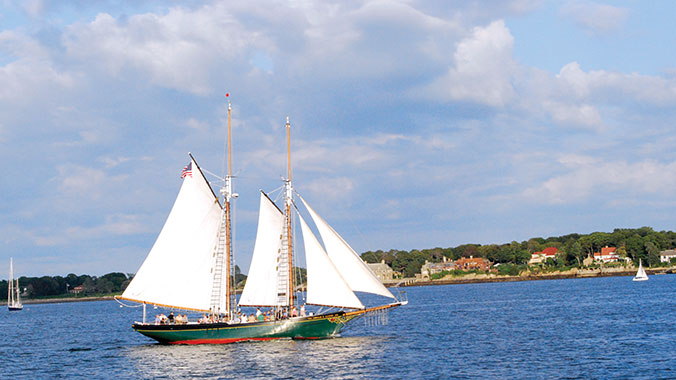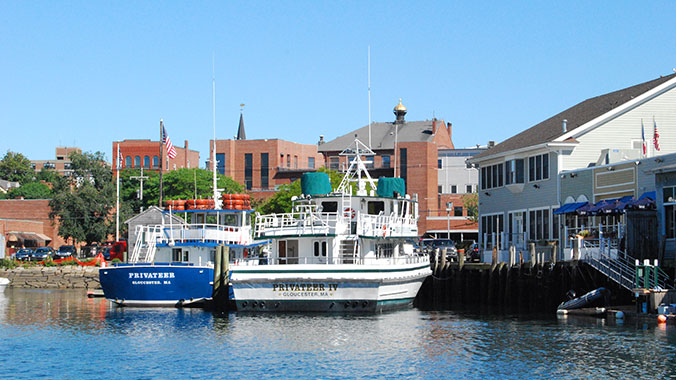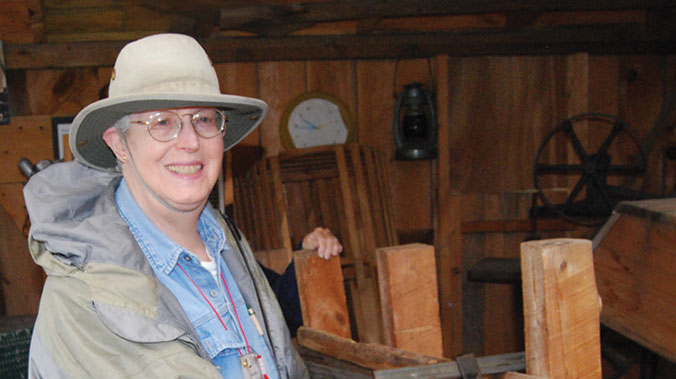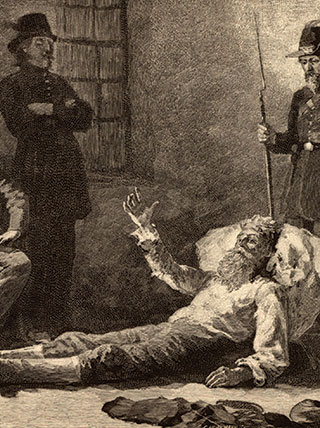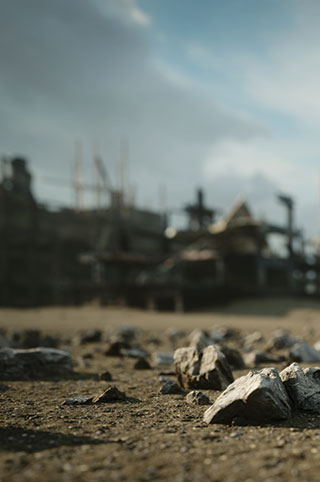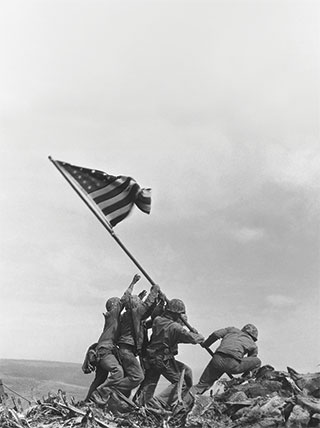Massachusetts
New England Maritime Sampler
Program No. 11077RJ
Voyage along Cape Ann’s beautifully rugged coast, exploring unique wildlife, classic New England charm, traditional cuisine and the region’s famed history of shipbuilding.
Enroll with Confidence
We want your Road Scholar learning adventure to be something to look forward to—not worry about. Learn more
Protecting the Environment
We offset a portion of the emissions created by your travel. Learn more
Prefer to enroll or inquire by phone?
800-454-5768
Select your type of room
Price will update based on selection
Prices displayed below are based on per person,doubleoccupancy.
DATES
& starting prices
PRICES
Jun 16 - Jun 21, 2024
Starting at
2,099DATES
& starting prices
PRICES
Not seeing the date you're looking for?
To be notified if dates of this program become available, click the button below.
At a Glance
On an adventure by land and sea on Boston’s North Shore, discover the stunning beauty of Cape Ann as you explore its quaint harbors, artistic charm and picturesque villages. Aboard a lobster boat, see a lobsterman hoist his catch from chilly seawaters. Learn about the famous Gloucester fishing fleet. Experience the Rocky Neck art colony and view seascapes created by Winslow Homer and Fitz Henry Lane, who called Cape Ann home. At the Essex Shipbuilding Museum, let craftsmen lead you through the history of master shipbuilding. Bite into a mouthwatering fried clam. Experience a whale watch, learn about the witch trials in historic Salem and pass by gilded mansions on the shores of Marblehead and Manchester-by-the-Sea.
Activity Level
On Your Feet
Walking 3-5 blocks over smooth surfaces; some stairs; embark/disembark boats & coach bus.
What You'll Learn
- Voyage on Cape Ann's vibrant shoreline and a tidal river on five distinctive boats as you inhale salt air, marvel at lighthouses and view the unique wildlife attracted to the rugged coast.
- Experience a whale watch, boating three miles to Stellwagen Bank National Marine Sanctuary in hopes of spotting a finback, minke or humpback breaching the waters.
- Sail on one of Essex’s iconic schooners, learning from the captain about the construction of this magnificent wooden vessel.
Featured Expert
All trip experts

Jim McAllister
Jim McAllister is a Salem historian, photographer, author and teacher, and serves as a historic consultant to the City of Salem and the Hawthorne Hotel. A graduate of Stonehill College, his photographs of Salem have appeared in numerous publications, and he is the author of “Salem: From Naumkeag to Witch City” and co-author of “Salem: Cornerstones of a Historic City.” Jim has appeared on both the “History Channel” and “Home and Garden TV.”
Please note: This expert may not be available for every date of this program.

Jim McAllister
View biography
Jim McAllister is a Salem historian, photographer, author and teacher, and serves as a historic consultant to the City of Salem and the Hawthorne Hotel. A graduate of Stonehill College, his photographs of Salem have appeared in numerous publications, and he is the author of “Salem: From Naumkeag to Witch City” and co-author of “Salem: Cornerstones of a Historic City.” Jim has appeared on both the “History Channel” and “Home and Garden TV.”

Debra Levin
View biography
Debra Levin is an honors graduate of Penn State and a former teacher. Debra has led groups of seniors, students, nurses, veterinarians, and retired fire chiefs to name but a few. Back home in Boston, she spends time volunteering with the symphony, theaters, and an art museum, when not speed walking and playing Wordle.

Ruth Bennett
View biography
Ruth Bennett grew up in the Boston area and now lives in Hingham, Massachusetts. She earned her BA and MA from Emerson College and taught there for several years before becoming a freelance trainer and consultant in communications in the workplace. She now leads groups for Road Scholar internationally, in New England and other areas in the U.S. In her spare time, she can be found walking on the beach, reading, traveling, painting, taking OLLI classes and attending cultural events in her area.

Nancy Field
View biography
Nancy’s passion for travel and learning is a direct result of her childhood, having spent winters in Florida and summers with her grandparents up north. After graduating nursing school, Nancy relocated to Massachusetts, where she married and became a full-time mom of three adventurous children. Nancy has been a group leader in Alaska for several years. During the fall/winter months, Nancy calls St. Augustine, Florida home. She loves to share the beautiful Spanish colonial architecture the city has to offer.
Suggested Reading List
(5 books)
Visit the Road Scholar Bookshop
You can find many of the books we recommend at the Road Scholar store on bookshop.org, a website that supports local bookstores.
New England Maritime Sampler
Program Number: 11077
Lone Voyager
Like countless Gloucester fishermen before and since, Howard Blackburn and Tom Welch were trawling for halibut on the Newfoundland banks in an open dory in 1883 when a sudden blizzard separated them from their mother ship. Alone on the empty North Atlantic, they battled towering waves and frozen spray to stay afloat. Welch soon succumbed to exposure, and Blackburn did the only thing he could: He rowed for shore. He rowed five days without food or water, with his hands frozen to the oars, to reach the coast of Newfoundland. Yet his tests had only begun.
So begins Joe Garland's extraordinary account of the hero fisherman of Gloucester. Incredibly, though Blackburn lost his fingers to his icy misadventure, he went on to set a record for swiftest solo sailing voyage across the Atlantic that stood for decades. Lone Voyager is a Homeric saga of survival at sea and a thrilling portrait of the world's most fabled fishing port in the age of sail. (Product description)
Essex Shipbuilding (MA) (Images of America)
For three centuries, shipbuilding flourished in Essex, a small village wrapped around a shallow tidal estuary that flows into Ipswich Bay. From sturdy little Chebacco boats to the tough but graceful fishing schooners that plied the Grand Banks, Essex vessels became known throughout the maritime world as swift and strong fishermen, and Essex shipbuilding became synonymous with craftsmanship of the highest order. More than four thousand ships slid down the ways destined for ports such as Gloucester, Boston, and New York.
By the middle of the twentieth century, however, the industry had vanished and this extraordinary chapter in American maritime history was closed. Essex Shipbuilding recalls an era when dozens of vessels in different stages of construction lined the Essex River and the shipyard gangs worked six days a week, year-round, in any weather. Featuring the photograph collection of Dana A. Story, Essex Shipbuilding illustrates the firms of A.D. Story and Tarr & James, who built the famous racing schooners Mayflower, Columbia, and Gertrude L. Thebaud, and the high-lining fishermen Elsie and Adventure. Essex Shipbuilding also depicts these vessels at sea-fishing, racing, or pursuing more unusual work, from Arctic exploration to naval service in both world wars to rumrunning during Prohibition.
The Perfect Storm
Meteorologists called the storm that hit North America's eastern seaboard in October 1991 a "perfect storm" because of the rare combination of factors that created it. For everyone else, it was perfect hell. In The Perfect Storm, author Sebastian Junger conjures for the reader the meteorological conditions that created the "storm of the century" and the impact the storm had on many of the people caught in it. Chief among these are the six crew members of the swordfish boat the Andrea Gail, all of whom were lost 500 miles from home beneath roiling seas and high waves. Working from published material, radio dialogues, eyewitness accounts, and the experiences of people who have survived similar events, Junger attempts to re-create the last moments of the Andrea Gail as well as the perilous high-seas rescues of other victims of the storm.
Like a Greek drama, The Perfect Storm builds slowly and inexorably to its tragic climax. The book weaves the history of the fishing industry and the science of predicting storms into the quotidian lives of those aboard the Andrea Gail and of others who would soon find themselves in the fury of the storm. Junger does a remarkable job of explaining a convergence of meteorological and human events in terms that make them both comprehensible and unforgettable. (Amazon.com)
The Last Fish Tale
Starred Review. Bestselling author Kurlansky (Cod; The Big Oyster) provides a delightful, intimate history and contemporary portrait of the quintessential northeastern coastal fishing town: Gloucester, Mass., on Cape Anne. Illustrated with his own beautifully executed drawings, Kurlansky's book vividly depicts the contemporary tension between the traditional fishing trade and modern commerce, which in Gloucester means beach-going tourists. One year ago, a beach preservation group enraged fishermen by seeking to harvest 105 acres of prime fishing ground for sand to deposit on the shoreline. Wealthy yacht owners compete with fishermen for prime dockage, driving up prices. Fishermen also contend with federal limits on their catches in an effort to maintain sustainable fisheries. But while cod are protected from extinction, the fishermen are not. Some boats must go 100 or more miles out to sea—a danger for small boats with few crew members. Tragedies abound, while one, that of the swordfish boat Andrea Gail, documented by Sebastian Junger in A Perfect Storm, brought even more tourists to Gloucester. (Publishers Weekly)
The Hungry Ocean
She's smart, hard-working and good at what she does, though sometimes she wishes she had a life. Greenlaw is captain of the Hannah Boden, sister ship to the Andrea Gail, the sword-fishing boat whose disappearance was described with agonizing verisimilitude in Sebastian Junger's bestseller, The Perfect Storm. Greenlaw tells a comparatively quotidian tale, "the true story of a real, and typical, sword-fishing trip, from leaving the dock to returning." Not trying to compete with Junger's operatic tale of death on the high seas, Greenlaw deals with stormy personalities rather than with bad weather. She rounds out the story with her gimlet-eyed description of a captain's biggest headache after nature itself: the crew. Racism, drug use, baffling illnesses: these are all elements of a 30-day journey for six people crammed aboard a 100-ft. boat designed less for human comfort than to carry the 50,000 pounds or more of fish it will eventually take on. But Greenlaw picks her sailors carefully and, through her own example, inspires a fierce loyalty among the men such as the one who extracted his own abscessed tooth rather than return to shore ("In my experience," she notes, "very few men are willing to pull their own teeth"). Greenlaw's narrative should foster an abiding respect in anyone who has tossed a swordfish steak on the grill, and it is certain to induce jaw-dropping admiration among personnel managers everywhere. (Publishers Weekly)
Recommended For You


